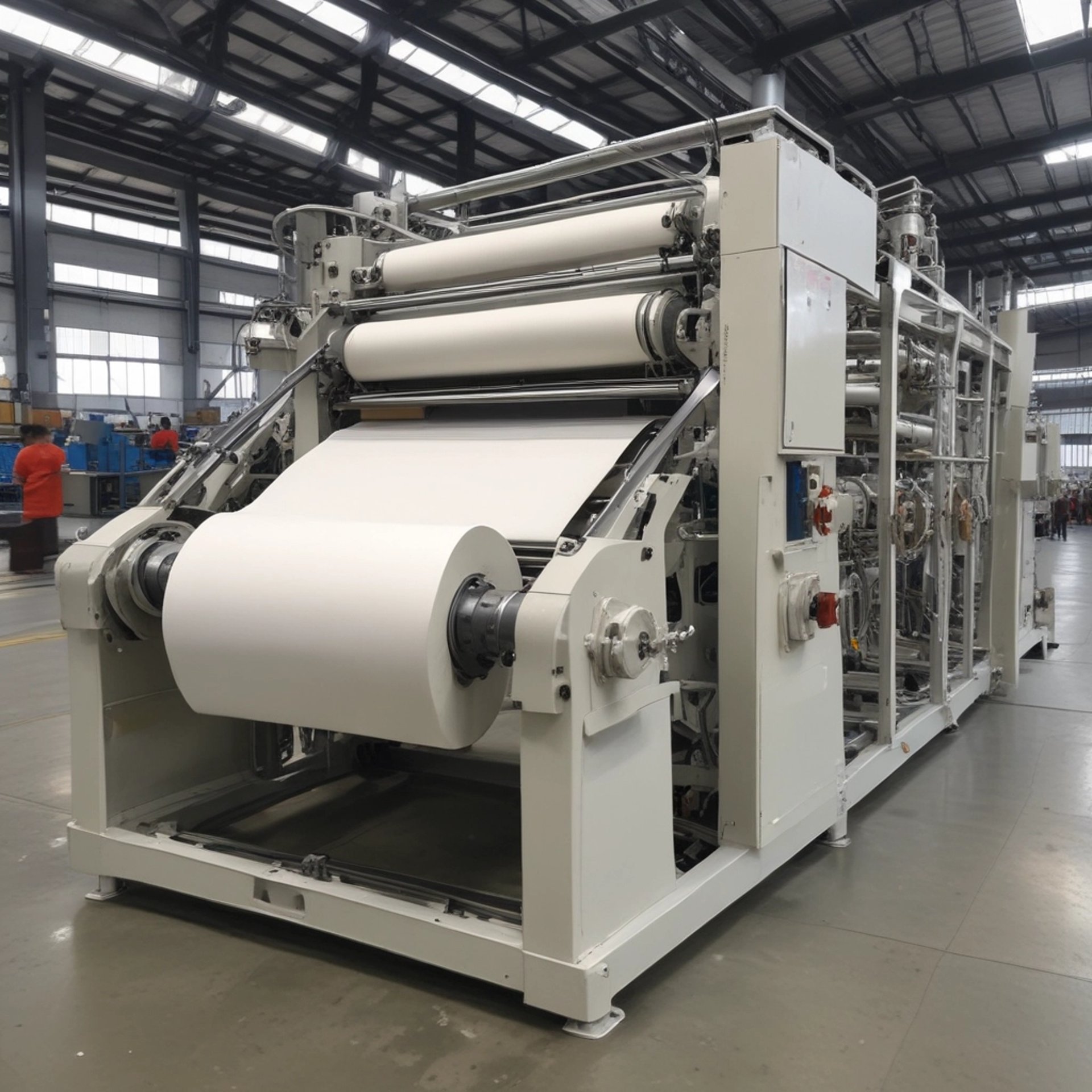
EVEREST PROCESSING
The Implications of Tissue Paper Imports in Africa and the Potential of Local Manufacturing
10/21/20252 min temps de lecture


Understanding the Tissue Paper Import Crisis in Africa
Tissue paper is an essential commodity that plays a significant role in the daily lives of millions. Yet, many African nations, including Ghana, find themselves heavily reliant on imports to meet their tissue paper needs. This dependency has critical economic implications, limiting local job creation and hindering the development of domestic manufacturing capabilities. The alarming fact remains: Africa's tissue paper import rates continue to soar, straining financial resources that could be invested in local industries.
The Economic Impact of Tissue Imports on Africa
The reliance on imported tissue paper in Ghana and other African countries has profound economic repercussions. When nations import tissue products, they not only drain foreign currency but also stifle local businesses. The importation process further contributes to a cycle of dependency, reducing the incentives for local manufacturing solutions. As tissue paper consumption rises, it's vital for African nations to reconsider their importing strategies and explore the vast potential for local production.
A Path Forward: Embracing Local Tissue Production
The shift towards local tissue production in Africa presents a promising solution to counteract the current import crisis. By investing in domestic manufacturing, countries like Ghana can tap into local resources, create jobs, and foster economic independence. Everest Processing is at the forefront of this transformation, pioneering innovative approaches to establish sustainable and efficient tissue production practices. By strengthening local production capabilities, we can significantly reduce the volume of imports, thereby retaining valuable resources within the continent.
Local manufacturing not only lessens the financial burden of imports but also encourages innovation and the growth of small and medium enterprises. Companies like Everest Processing exemplify how committed investment in tissue production can initiate a new era of economic resilience for African nations. The benefits extend beyond economics; local production also promotes environmental sustainability, reducing the carbon footprint associated with long-distance transportation.
In conclusion, the pressing issue of tissue paper imports in Africa calls for immediate action. Emphasizing local manufacturing solutions will help stabilize economies, create jobs, and promote sustainable practices. To learn more about how Everest Processing is leading the shift towards robust local paper manufacturing, visit our website and discover how together we can bring about significant change. The journey towards self-sufficiency starts with us.
Contact
Get in touch to learn more about us.
Follow
Connect
info@everestprocessing.online
+233 (0) 538 815 647
© 2026. All rights reserved.
Currently accepted at Fastercapital
